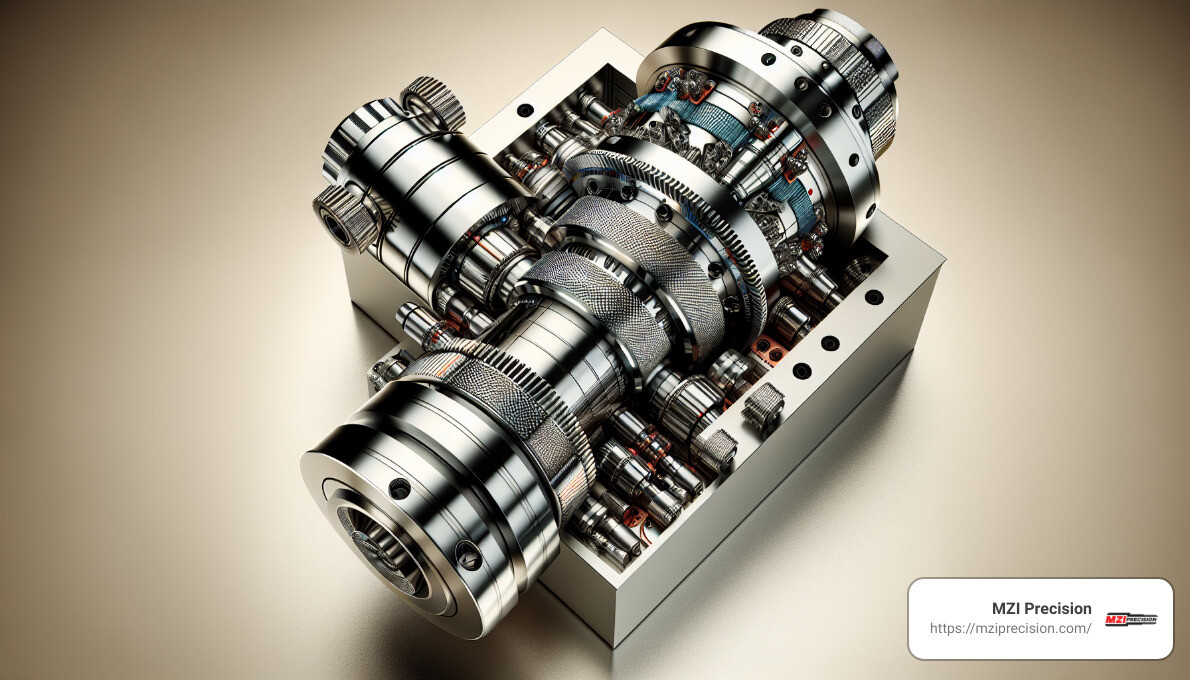Spindle orientation changes induced by continuous displacements of Biology Diagrams Considerable evidence demonstrated a role for microtubule dynamics in spindle positioning. For example, stabilization of microtubules with taxol inhibits spindle positioning in C. elegans embryos 18. Some aspects of the molecular control of microtubule dynamics that are important for spindle positioning have also been elucidated. These findings have wide biological importance, because spindle positioning is essential during embryogenesis and stem-cell homeostasis. Download PDF. Similar content being viewed by others. α Acentriolar microtubule organizing centers (MTOCs) are known for their role in assembling the meiotic spindle. Londoño-Vásquez et al. discover that a subset of cytoplasmic MTOCs (termed mcMTOCs) regulate spindle positioning by anchoring the spindle to the oocyte cortex.

Accurate chromosome segregation and spindle positioning during cell division are critical for genomic stability, with these processes regulated by the spindle assembly checkpoint (SAC) and spindle positioning checkpoint (SPOC) [1], [2].The SAC ensures that chromosomes are properly attached to the spindle before anaphase, preventing premature separation and aneuploidy [3], [4], while the SPOC

MAP4 and CLASP1 operate as a safety mechanism to maintain a ... Biology Diagrams
The importance of this machinery is highlighted by studies concerning its dysregulation, particularly with regard to cancer phenotypes. Indeed, loss of spindle orientation in the central nervous system has been associated with hyperplasia in both the fly and chick (de Belle and Heisenberg, 1996; Morin et al., 2007; Yu et al., 2006). In this review, the role of spindle positioning is explored in several different developmental model systems, which have revealed the diversity of factors that regulate spindle positioning. The C. elegans embryo, the Drosophila neuroblast, and ascidian embryos have all been utilized for the study of polarity-dependent spindle positioning, and

The majority of research on the mechanisms of spindle positioning has focused on cell types that have "astral" microtubules. Astral microtubules have minus ends embedded in the spindle poles and plus ends extending outward, away from the spindle toward the cell cortex (Fig. 1, A and B).Astral microtubules have been proposed to mediate spindle positioning by generating pulling forces at the Correct spindle positioning is fundamental for proper cell division during development and in stem cell lineages. Dynein and an evolutionarily conserved ternary complex (nuclear mitotic apparatus protein [NuMA]-LGN-Gα in human cells and LIN-5-GPR-1/2-Gα in Caenorhabditis elegans) are required for correct spindle positioning, but their relationship remains incompletely understood.

Cortical dynein is critical for proper spindle positioning in human ... Biology Diagrams
Download: Download full-size image Figure 1. The cell cortex controls spindle positioning. (a) In S. pombe, the position of the mitotic spindle is determined by the nuclear position, which is centred in interphase as a result of forces generated as growing microtubules push on the cell cortex.(b)S. cerevisiae divides asymmetrically. The spindle is formed inside the nucleus of the mother cell. Using in vivo magnetic tweezers to measure forces needed to move mitotic spindles in early-developing sea urchin embryos, Xie et al. uncover a hydrodynamic mechanism for how cell geometry impacts the mechanics of spindle positioning. Their result suggests that cell shape anisotropy can dampen cytoplasm flows and spindle mobility.

